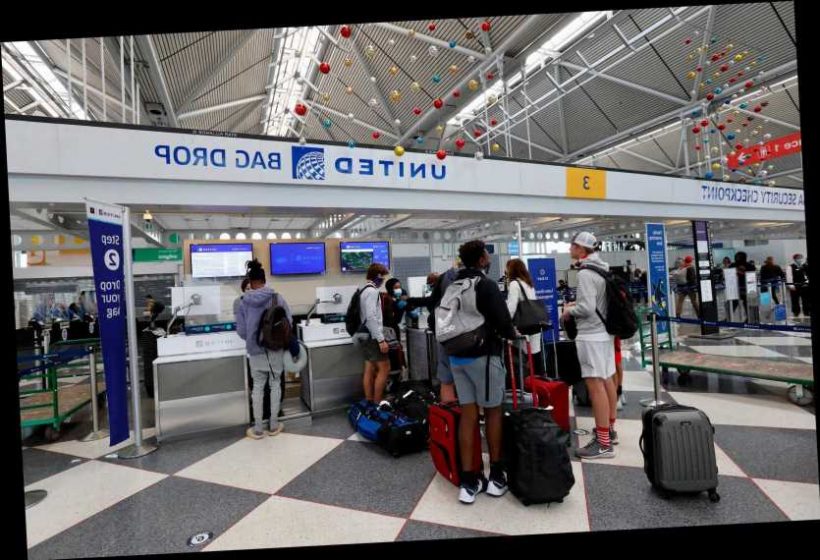JOE Biden has said he will overturn a decision by President Trump to lift a ban on travellers to the US from a number of destinations around the world.
But what will the new restrictions mean? Here's what you need to know.
What are the new travel restrictions in the US?
On Monday, President Trump signed an order to lift travel bans that had been in place on arrivals from the UK, Brazil, and much of continental Europe.
The order was due to come into force on January 26, after President Trump is set to leave office.
Following the announcement, the Biden campaign confirmed that the order will be overturned before it comes into force.
Further restrictions also due to come into force on January 26 will require all air passengers entering the US (including US citizens) to present a negative test taken within the last three days.
Alternatively, they will be able to present proof of recovery from the virus within the last 90 days.
Airlines will be told to check the tests before departure and deny boarding to passengers who cannot provide the relevant paperwork.
More information on the State Department's travel information page.
Why did Biden block Trump's new Covid travel changes?
The decision to leave the travel ban in place was announced by Jen Psaki, a spokesperson for the incoming Biden administration.
In a tweet, she said: "With the pandemic worsening, and more contagious variants emerging around the world, this is not the time to be lifting restrictions on international travel.
"On the advice of our medical team, the Administration does not intend to lift these restrictions on 1/26.
"In fact, we plan to strengthen public health measures around international travel in order to further mitigate the spread of COVID-19."
Where can Americans currently travel to?
More than 50 countries currently allow travellers from America, provided they can present a negative coronavirus test.
They are Anguilla, Antigua and Barbuda, Armenia, the Bahamas, Barbados, Bermuda, Botswana, Brazil, British Virgin Islands, Burkina Faso, Columbia, Cote D'Ivoire, Democratic Republic of Congo, Dominica, Ecuador, Egypt, Ethiopia, French Polynesia, Guatemala, Guyana, Honduras, Jamaica, Kenya, Kosovo, Lebanon, Maldives, Mali, Namibia, Nepal, Nicaragua, Niger, Nigeria, Panama, Peru, Puerto Rico, St Kitts and Nevis, St Lucia, St. Vincent and the Grenadines, Senegal, Serbia, South Africa, South Korea, Tanzania, Togo, Tunisia, Turkey, the Turks and Caicos Islands, Uganda, UAE, US Virgin Islands, Zambia, and Zimbabwe.
Some of these only require tests from travellers over a certain age.
Others also require that travellers self-isolate for varying periods on arrival.
The following countries don't require a negative test but do have mandatory quarantine periods: Central African Republic, Guam, Ireland, and the UK.
And these countries have no set requirements, though some have measures such as random breath tests on entry in place: Albania, Belarus, Costa Rica, Dominican Republic, Mexico, Montenegro, and North Macedonia.
Americans can check the State Department's website for the latest travel advice.
Source: Read Full Article


